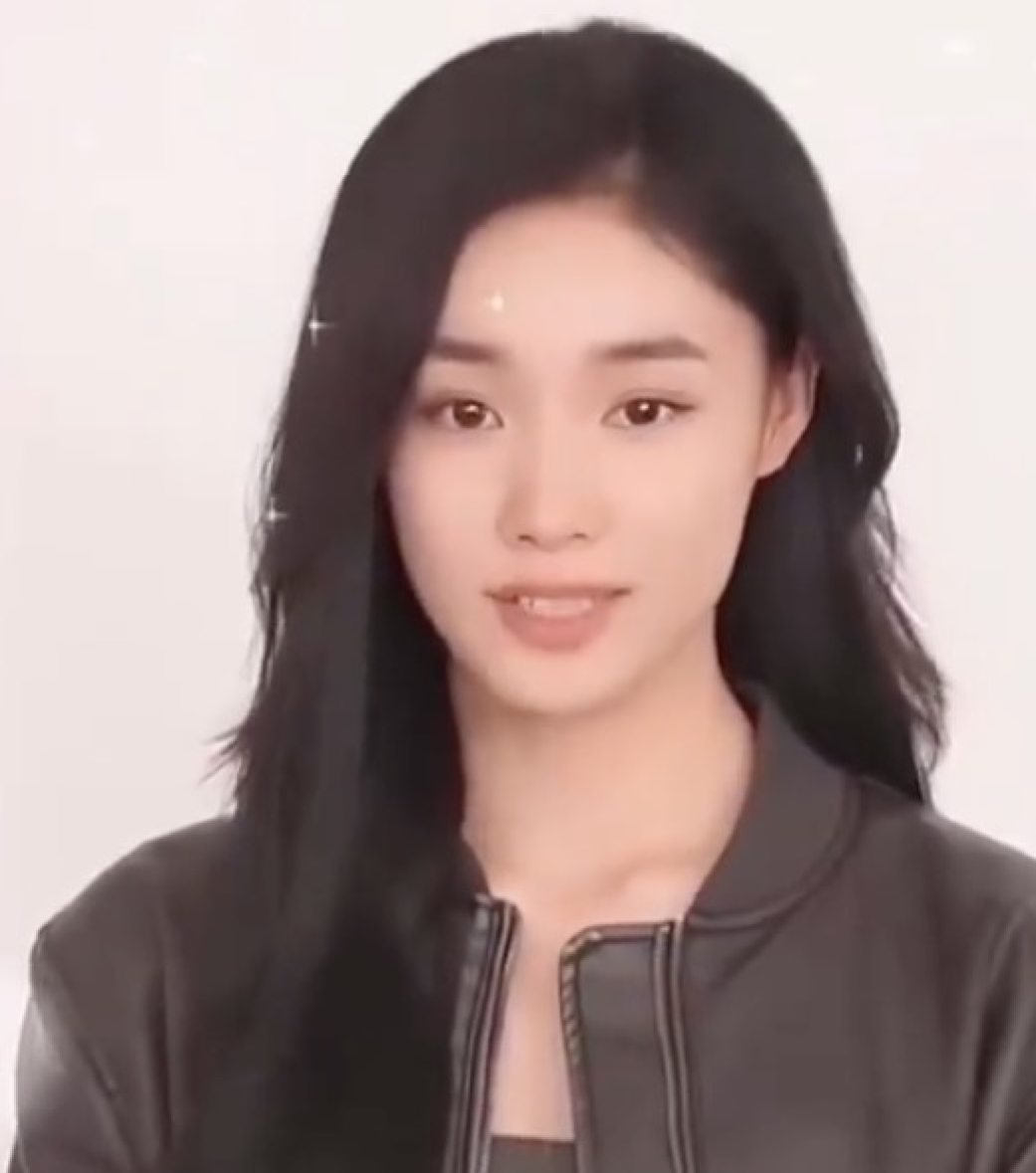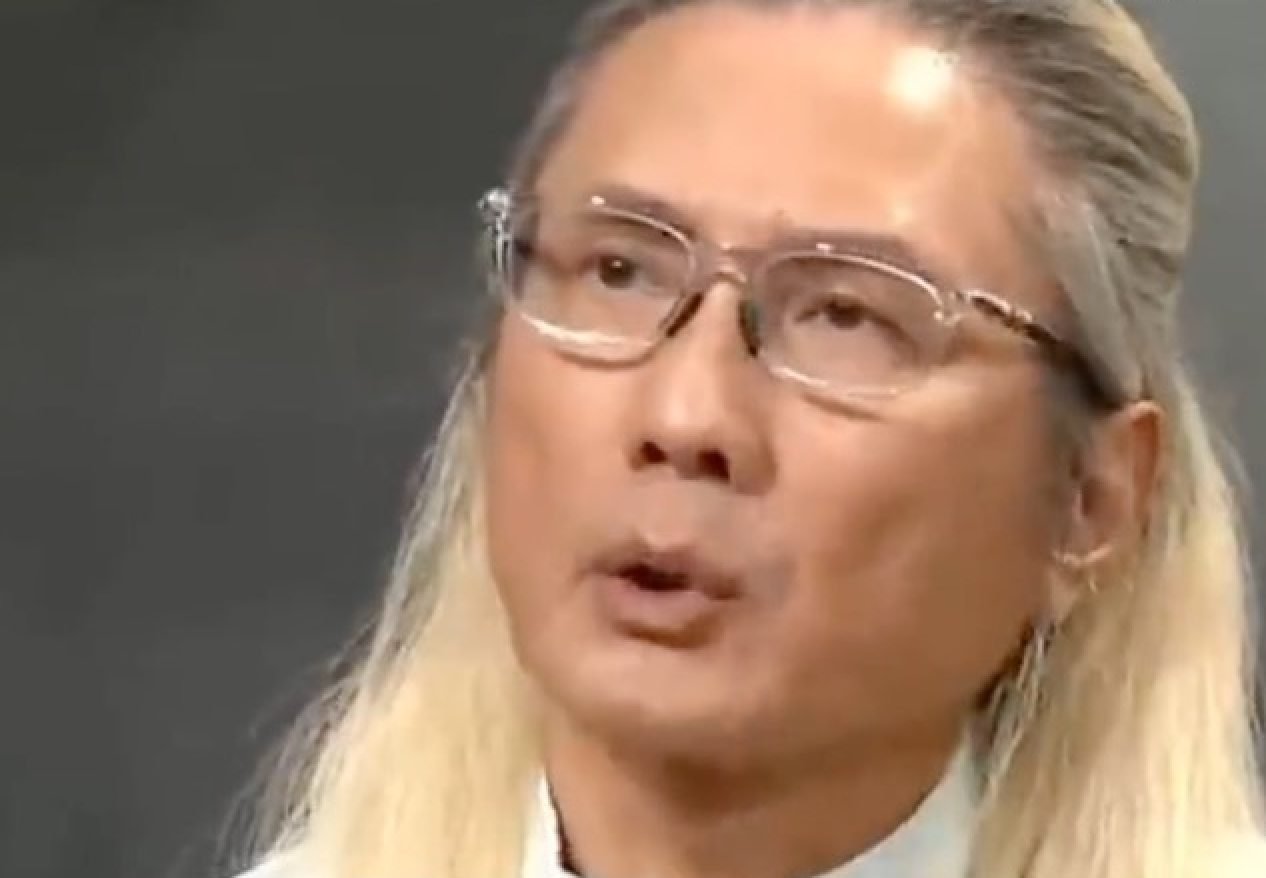Well-known Taiwan musician Tino Bao has used artificial intelligence, or AI, technology to “resurrect” his only daughter who passed away at the age of 22 to sing a birthday song to her mother, moving many people online.
Bao, 56, released a video clip of the digital version of his daughter, Bao Rong, telling her mother “I miss you”, before singing happy birthday to her in Mandarin.
Bao told the Taiwan media outlet Future City in February that recreating his daughter’s image was fairly easy, as they have kept many photos of hers, but recreating her voice took more work.
Do you have questions about the biggest topics and trends from around the world? Get the answers with SCMP Knowledge, our new platform of curated content with explainers, FAQs, analyses and infographics brought to you by our award-winning team.
The mainland team he worked with trained the generative audio model using only three English sentences his daughter spoke while having a video call with her mother.
He said the recreation of her voice meant a lot to him as she could not speak at the end of her life, due to the treatment she was receiving.

She died from a rare blood disease in 2021 after two years of treatment.
It is not the first time a digital version of a deceased person has been created to comfort their family.
In January, a mainland company called Super Brain, told the mainland media outlet Hongxing News they had “AI-cloned” the dead relatives of more than 600 families in the past seven months.
Half of their customers were the parents of children who had died.
Bao said it was the explosion of AI technology following the debut of OpenAI’s generative chatbot ChatGPT, that enabled them to separate his daughter’s voice from environmental noises.
It was also the same AI technology that made possible the release of the Beatles’ 2023 song, Now and Then, when it successfully extracted John Lennon’s vocals from a 1970s tape recording.
A veteran of the music industry, Bao worked to perfect the quality of the voice.
He said his wife once overheard him training the audio model, and asked: “Why does that voice sound so much like Bao Rong?”
“Because she is Bao Rong,” he replied.
Bao said he and his wife did not speak to each other for half a year following their daughter’s death, fearing they might say something that could upset or hurt the other.
The “digital daughter” became a bridge for the couple to reconnect and restart their life.
“AI is a tool we have used to express our love for her,” Bao said.
He also used his daughter’s digital voice for the intelligent assistant on his phone, answering his requests and keeping him company.

The grieving father has kept his hair long because his daughter used to love to touch it. He also wears a necklace made from her bone.
Bao said he considered the ethical issues of using technology to create a virtual version that does not look exactly like his daughter, and he was concerned it might spoil her beautiful image in their memories.
But he decided to go ahead anyway to “keep her alive in the digital world”.
More from South China Morning Post:
- Crazed China teacher who smashed girl’s head on desk, punched boy in face is suspended, police launch probe after video of attacks goes viral
- China shop owner who insulted tourist for asking prices and not buying anything feels wrath of police
- Retired China international footballer cries during live-streaming session, screams at accusers who claim she pocketed charity money
- Buying jobs: hard-pressed China youth conned into paying US$28,000 or more in fees to secure employment as economy falters
- Sumo is national sport of Japan, so why do Mongolian fighters dominate? What it takes to make a great giant grappler
For the latest news from the South China Morning Post download our mobile app. Copyright 2024.





